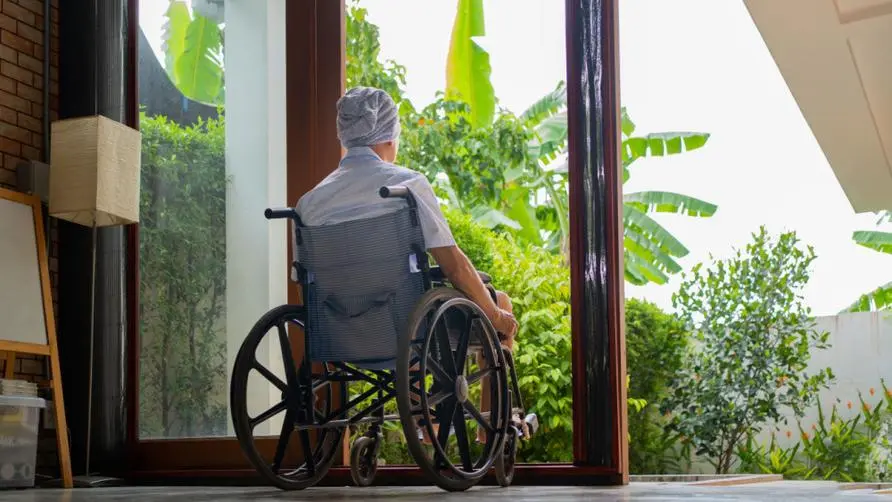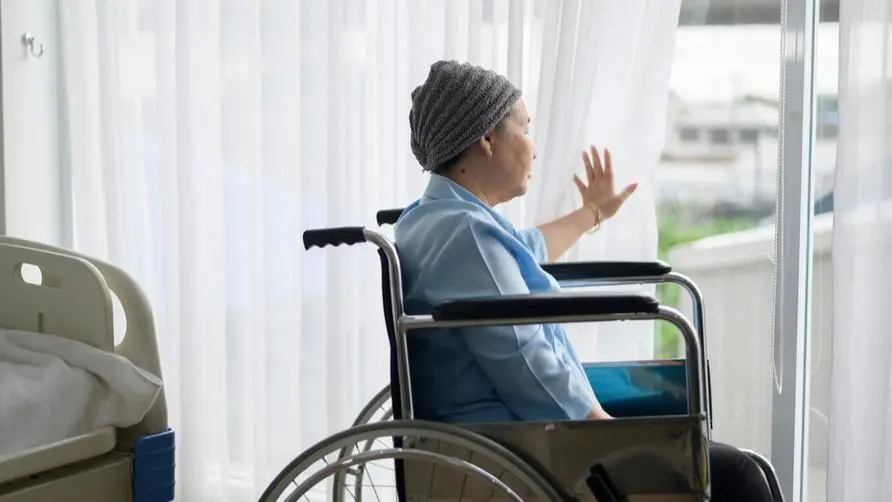Is it really dangerous to blush after drinking alcohol? Experts warn: People with alcohol intolerance may be 100 times more likely to develop cancer

Excessive drinking causes at least 7 types of cancer! As much as half of the people have no clue?
Legendary Japanese music master and composer Ryuichi Sakamoto unfortunately died of cancer on March 28. He was diagnosed with throat cancer and rectal cancer in 2014 and 2020 respectively; Taiwanese media focuses more on discussing the risks of rectal cancer and throat cancer. factors are rarely discussed. In fact, Sakamoto Ryuichi can be said to be a champagne lover, and he even made a sensation by composing and performing for champagne. Drinking alcohol not only increases the risk of colorectal cancer, but is also one of the important risk factors for increasing the risk of oral cavity, throat, and esophageal cancer.
As early as 2007, the World Health Organization (WHO) identified “alcoholic beverages” and “acetaldehyde” produced by alcohol as a first-level carcinogen. The exposure and accumulation of acetaldehyde in the body will significantly increase the risk of cancer. According to 2023 WHO statistics, drinking alcohol can cause at least 7 types of cancer, namely oral cancer, pharyngeal cancer, laryngeal cancer, esophageal cancer, liver cancer, colorectal cancer and female breast cancer.
Among them, alcohol affects breast cancer most significantly in women, and oral cavity, throat and esophageal cancer in Taiwanese men. According to reports, more than half of the general public do not know that drinking alcohol can cause cancer. Therefore, the Taiwan Alcohol Intolerance Education Association and the Taiwan Alcohol Prevention and Control Association will invite the public to pay attention to “Alcohol-Free Day” on May 9 this year. intolerance" and the concept that “drinking alcohol increases the risk of cancer.”
Drinking makes your face flush and is more likely to cause cancer. Taiwan has the highest rate of “alcohol intolerance” in the world
“Drinking blush” is actually a typical manifestation of “alcohol intolerance” after drinking, and is also accompanied by uncomfortable symptoms such as headache, palpitations, vomiting, and hangover. After drinking alcoholic beverages, alcohol and acetaldehyde must be metabolized by the “aldehyde dehydrogenase (ALDH2)” in the human body; alcohol intolerance is an inherited ALDH2 gene defect, resulting in a lack of acetaldehyde dehydrogenase in the body for normal metabolism. .
Among them, alcohol intolerance is a genetic defect unique to East Asians. The proportion of Asians with alcohol intolerance is much higher than that in Europe and the United States. Among Asian countries, Taiwan has the highest proportion (47%), second only to Japan’s 40%. Taiwan is the country with “the highest proportion of people suffering from alcohol intolerance” in the world. If you are involved in the three addictive behaviors of drinking, smoking, and chewing betel nut, any one of these bad habits will increase the risk of oral cancer, oropharyngeal cancer, laryngeal cancer, and esophageal cancer by 5-10 times. For heavy drinkers, the risk is even higher. It is more than 30 times; especially for those with genetic defects of alcohol intolerance, the risk can be as high as more than 100 times.
To confirm whether you have alcohol intolerance, in addition to going to the hospital at your own expense or conducting DNA analysis through genetic testing, the public can also make a diagnosis through the simple “alcohol swab self-test method”. Methods as below:
First use more than 40% disinfectant alcohol or drinking alcohol to wet the center piece of OK bandage.
Place the OK bandage on the skin of the inner arm for about 15-20 minutes and then peel it off.
If there is a red reaction on the skin where the alcohol pad comes into contact, you may have alcohol intolerance.
It should be noted that this test is only about 70-80% accurate. If you want the test results to be more accurate, you should clarify them through functional medicine testing or physician diagnosis.
Drinking to drink away your sorrow will only make it worse! The physical and mental effects of drinking alcohol
In addition to the well-known effects of alcohol on the liver, gallbladder, pancreas, gastrointestinal and upper digestive tract, and respiratory tract, the impact on the “brain” is often underestimated. Under the influence of alcohol, it may lead to depression, depression, emotional instability, and sleep problems (lightly). Insomnia, dreaminess, intermittent sleepiness, and early awakening). In addition to short-term memory effects such as “fragmentation”, there are also many long-term memory impairments caused by drinking.
The news of lost lives and broken families brought about by drunkenness on the road often hurts our hearts. Statistics show that the highest increased risk after drinking alcohol is head trauma, which is inseparable from the effects of drunk driving. In addition, nearly one-fifth of suicide cases are related to drinking. Alcohol addiction causes great harm and burden to personal health, family, and society.
No matter how little you drink, it’s hard on your body! People should implement the concept of “no alcohol, moderate alcohol, zero alcohol”
In recent years, more and more large-scale multinational studies have confirmed that there is no so-called “safe amount” of drinking. In the past, the view that a small amount of drinking slightly protected cardiovascular disease has been offset by the increased risk of other diseases. At the same time, even small amounts of alcohol can increase the risk of cancer, and these health risks rise as the amount of alcohol consumed increases! The WHO and the Canadian government have also issued new drinking guidelines, limiting the amount of alcohol you can drink in a week to 2 bottles of beer, 2 glasses of red wine, or 2 small glasses of spirits.
In order to let the public better understand the effects of alcohol, the Taiwan Alcohol Intolerance Health Education Association will organize “Taiwan Alcohol-Free Day” on May 9 this year, and the Taiwan Alcohol Prevention and Control Association will invite the Taiwan Drunk Driving Prevention Social Care Association, Taiwan Addiction The association, the Department of Public Health of Fu Jen Catholic University, and the Taipei City Hospital Heping Songde Branch jointly organized the “Taiwan Alcohol Free Day Carnival” at the Songshan Cultural and Creative Park in Taipei City to call on the public to pay attention to the dangers of drinking and the harm that drinking does to personal health and society. , supports “no alcohol, alcohol moderation, zero alcohol” to avoid health red flags.
Further reading:





